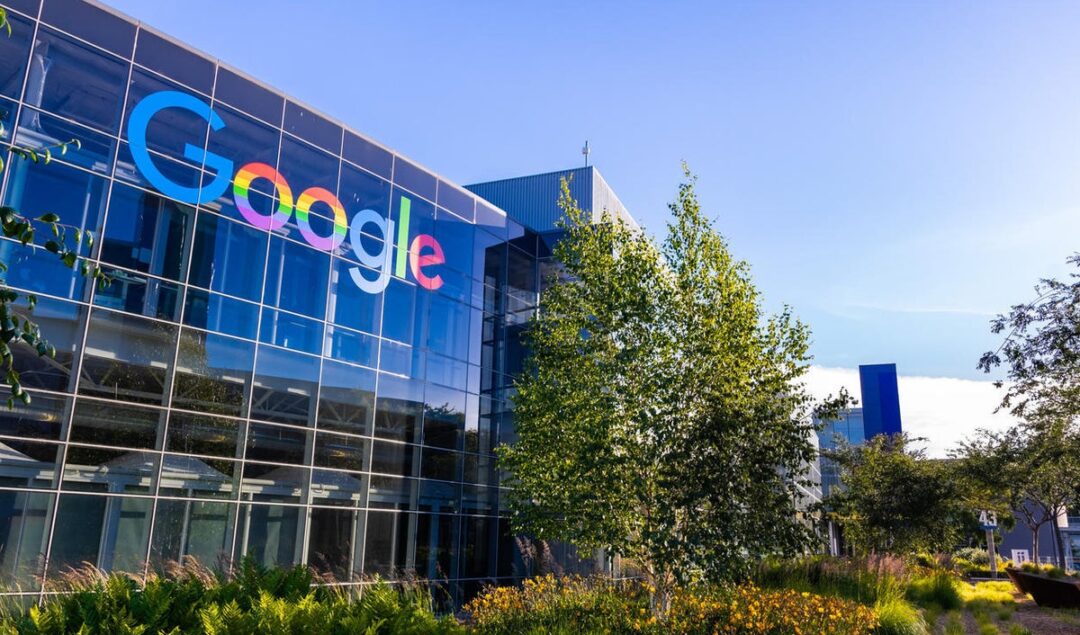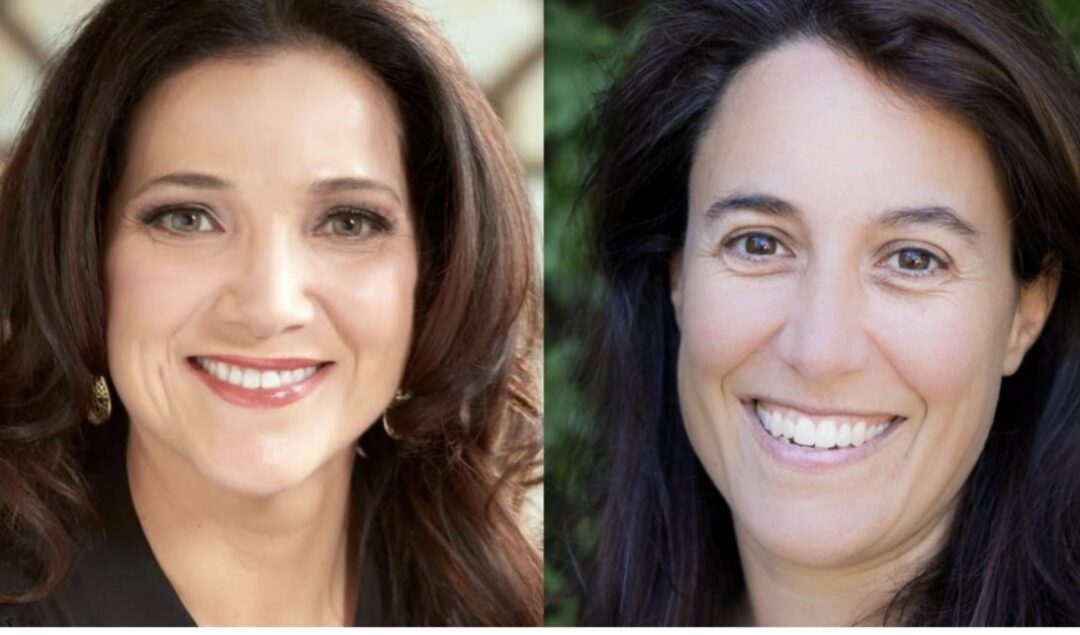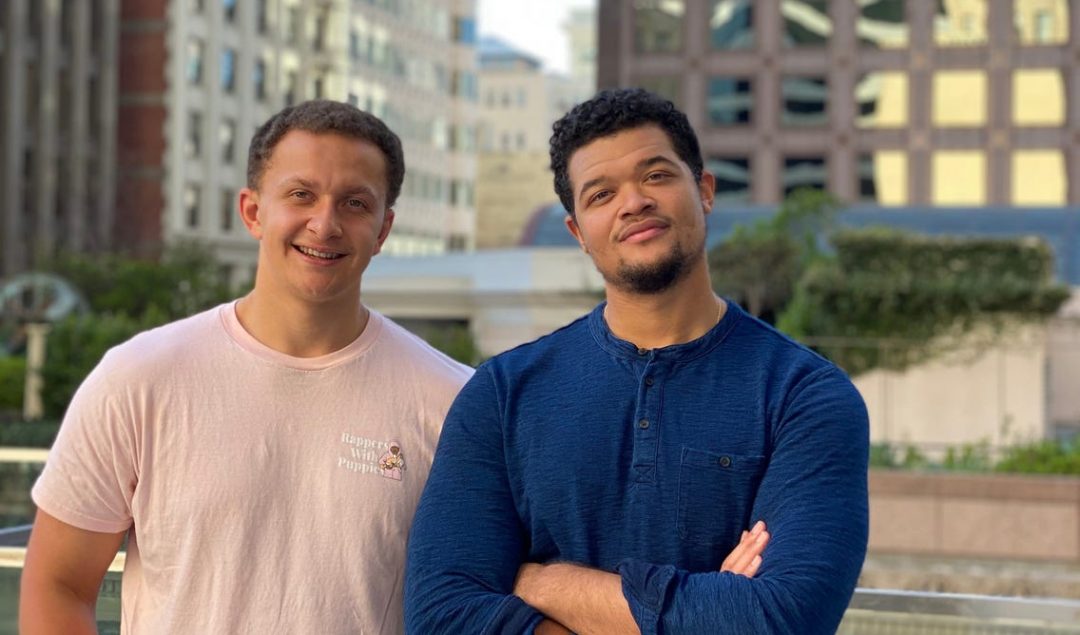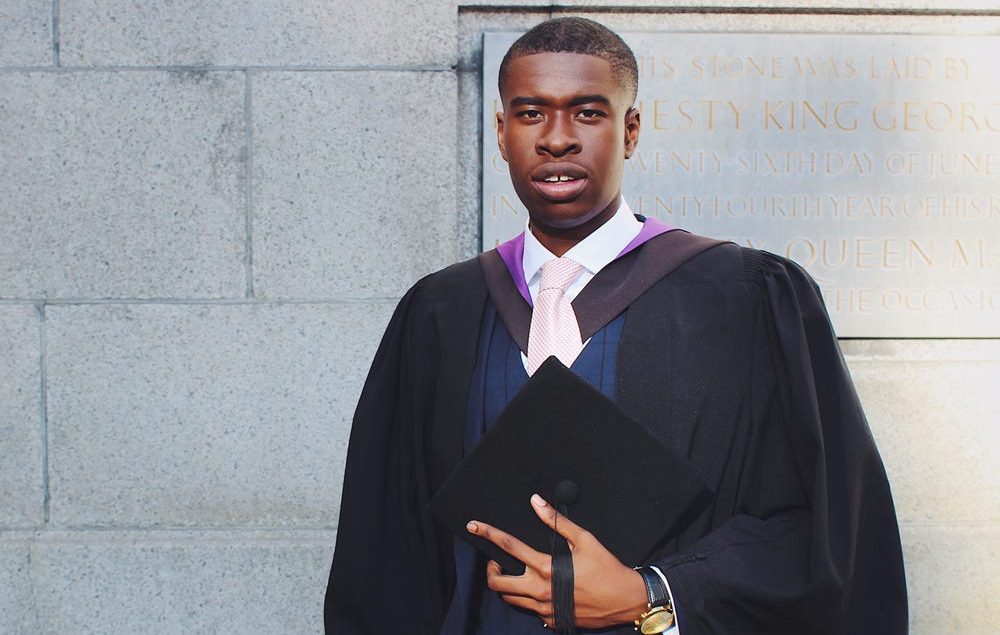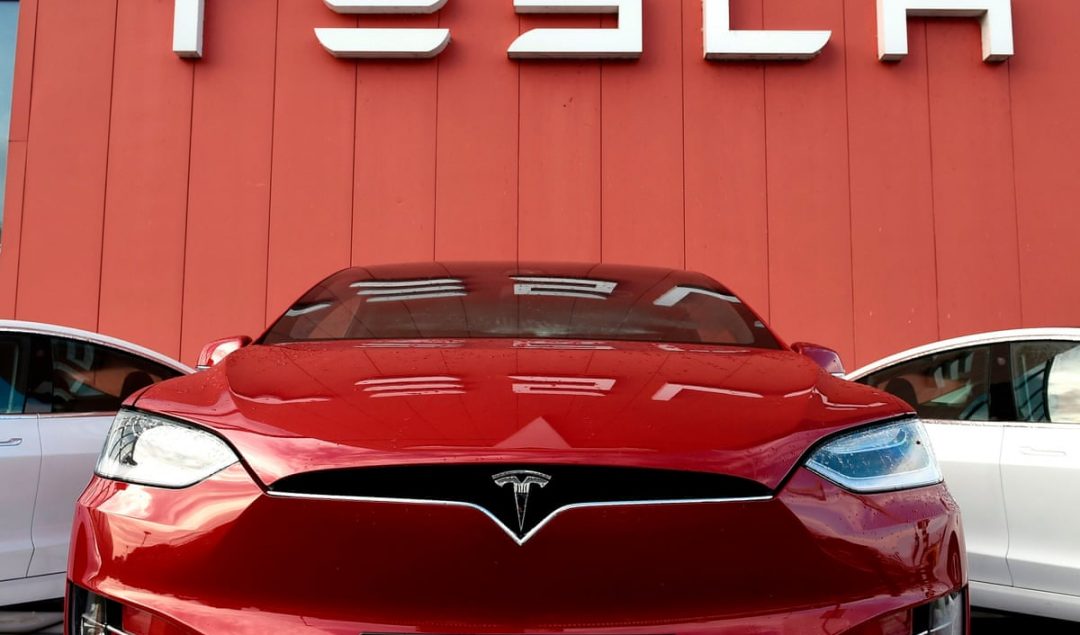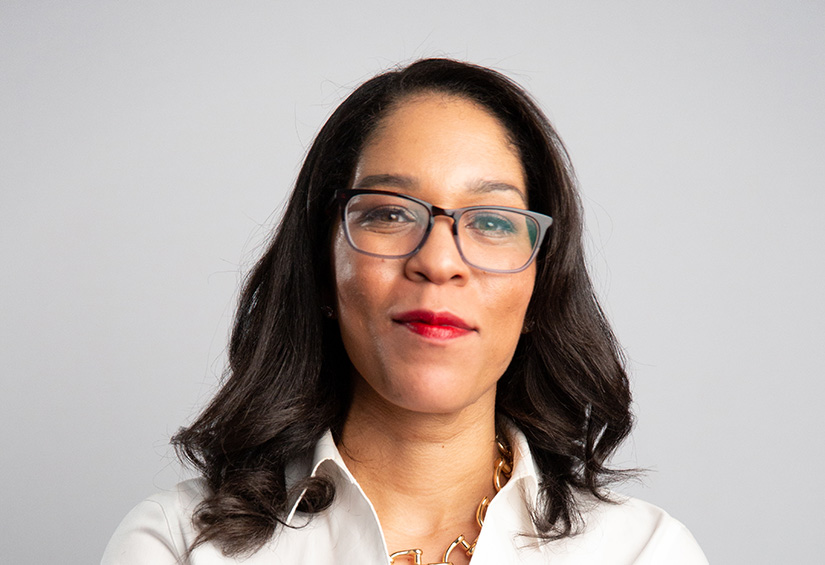According to a new study conducted by Thoughtworks, there are fewer opportunities for people from under-represented groups in the UK’s tech sector to hold leadership positions. The firm found – through its research – that out of 300,000 ethnic minorities in the UK in 2020, only 37% were in “positions of responsibility”, compared with 41% of their white counterparts. IT workers from ethnic minorities were also twice as likely to be in non-permanent positions than white workers. Amy Lynch, head of diversity, equity, and inclusion (DEI) at Thoughtworks UK, said:
California’s civil rights regulator is investigating Google’s treatment of Black female workers following alleged incidents of harassment and discrimination, according to two people familiar with the matter.
And with a more pronounced focus to increase innovative education and close society’s opportunity gap, DeVry University has added two prominent Latina leaders to help in that effort.
Tyson Clark, a general partner at Alphabet Inc.’s venture arm GV and one of Silicon Valley’s most prominent Black startup investors, has died at the age of 43. GV CEO David Krane just issued a statement about the team losing the father-of-three, writing, “With great sadness, we share the news that Tyson Clark, our friend, and GV general partner, passed away yesterday due to sudden complications from a health issue. We are stunned and shattered by this loss. “The GV team extends our deepest sympathies to Tyson’s family and loved ones.
Latinas in Tech have released the Latina Founders list, a compilation of founders from the community who have raised $1M or more and start-up owners that are on track to raise a similar amount. Latinos have always represented just a tiny share of Venture Capital investment, and firms have long thought that Latinas aren’t represented at all, so Cecilia Corral and Latinas in Tech set out to prove this wrong. According to Crunchbase, Black and Latinx founders have raised $2.3 billion, representing 2.6% of overall funding. However, Latina-founded ventures are not even listed in the findings. At the
A Black-led, Gen Z fintech startup providing income-constrained individuals investment opportunities has announced an $18M Series A investment round. The group of diverse investors rallying up to fund Lendtable’s future included SoftBank’s SB Opportunity Fund, Valor Equity Partners, and CEOs of Complex Networks and Social Finance, Inc. The fintech firm, run by founders under 30-years-old, has already disbursed over $2.4 million in match benefits to hundreds of employees in just a year, running the gamut from those employed by small consumer brand companies to Fortune 500 companies like Google, Microsoft,
Like many industries, the tech sector still has some way to go in addressing diversity and bias issues and although there has been some progress with big companies like Google creating initatives specifically for minority communities – the work shouldn’t and doesn’t stop there. After diverse intake in companies – what roles are they being given, the salary disparity once in the role, the treatment among colleagues and the handling of racism allegations. We’ve heard countless of stories of Black employees and their allies being sidelined for speaking out against
A jury has ordered Tesla to pay nearly $137 million in damages to a former Black employee after it was found to have ignored his racist abuse claims while working at its California factory. Owen Diaz, first hired through a recruitment agency, worked as a freight elevator operator between June 2015 and July 2016 at the manufacturer’s Fremont plant in the San Francisco Bay area. And according to documents, during his tenure, he suffered racist slurs, including the “n-word” and a hostile work environment. “Tesla’s progressive image was a facade
Ellington West is the CEO of Sonavi Labs, a company using a digital stethoscope with Bluetooth connectivity, called Feelix, to identify and diagnose respiratory disease from lung and body sounds. The recognition comes after she closed a seed round with over $3.5 million raised. It was supported by Sand Hill Angels of Silicon Valley, Gaingels, Nightingale Partners, Matt Hellauer of PTX Capital, and other angel investors. The company has also received two grants through the National Institutes of Health worth over $3 million combined. She then went on to win $100,000 in the Princeton Empower 2021 pitch competition. In addition, the company received
Although there aren’t many, Black-owned banks have gone from strength to strength and have enabled the community to accumulate savings, learn finance skills, start their businesses, and more. Some might question why these banks are necessary, and the truth is, in some parts of the world, financial exclusion has put Black people at a severe disadvantage. And if you take a closer inspection at America’s staggering wealth gap where the median wealth for a Black family is just a tenth of a White household’s – it becomes more apparent why minority-owned banks


